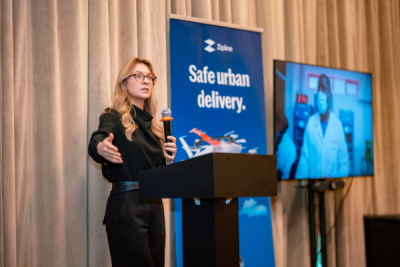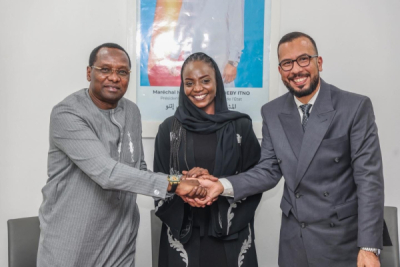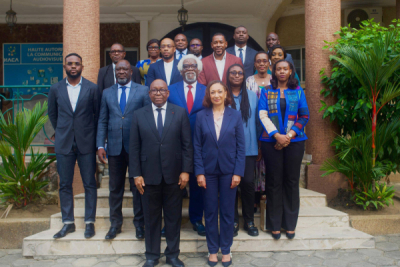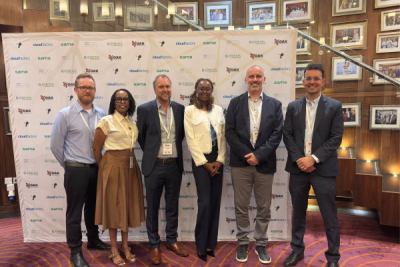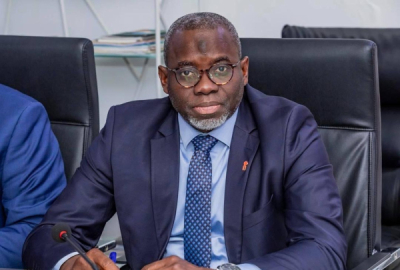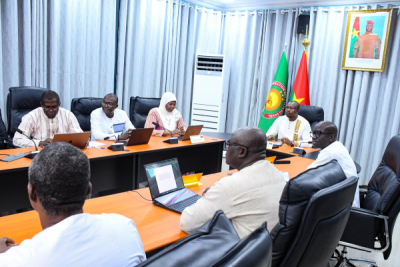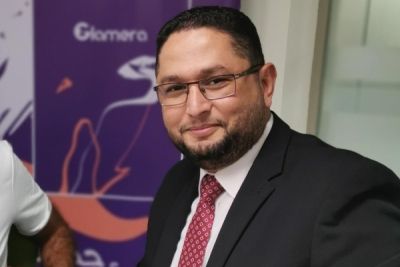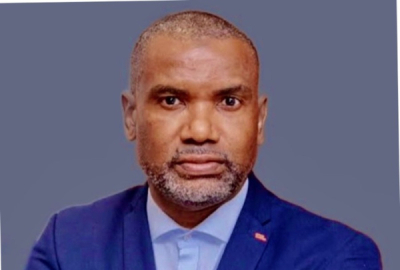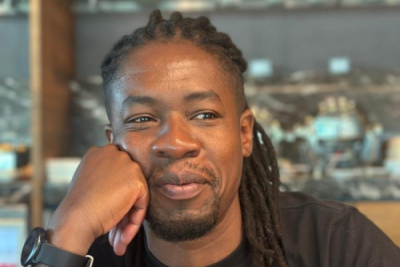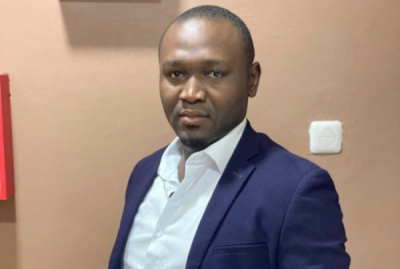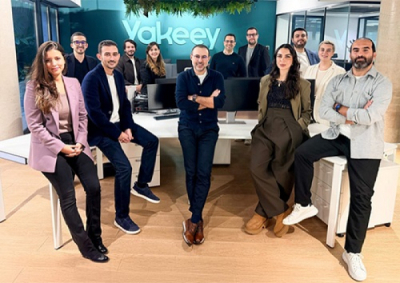The launch signals a wider digital shift: African governments and companies are no longer just consumers of foreign AI systems, but are beginning to shape the technology around local realities, identities, and needs.
On September 20, 2025, on the sidelines of the 80th United Nations General Assembly (UNGA80), Nigeria’s Minister of Communications, Innovation, and Digital Economy, Dr. Bosun Tijani, officially launched the Nigerian Atlas for Languages & AI at Scale (N-ATLAS). The Atlas is an open-source facility designed to map the country’s rich linguistic diversity of country with artificial intelligence (AI) and power-inclusive chat solutions.
The first version of the project, N-ATLAS v1, is a multilingual and multimodal large language model that supports Yoruba, Hausa, Igbo, and Nigerian-accented English. Built on Meta’s Llama-3 8B architecture and fine-tuned with over 400 million tokens of multilingual instruction data, it is Nigeria’s most ambitious step yet toward embedding African voices in AI development. “This is the first step in a broader journey to make Africa a contributor and leader in shaping AI’s future,” said Tijani.
The project is powered by Awarri Technologies in partnership with the National Information Technology Development Agency (NITDA) and the National Centre for Artificial Intelligence and Robotics (NCAIR). For Nigerians, the launch could transform how people interact with technology in their daily lives.
Language models like N-ATLAS make it possible to use apps, chatbots, and government services in local languages, not just English — helping millions who are more comfortable in Hausa, Igbo, or Yoruba. By making digital tools work in local tongues, the model breaks down barriers for communities left behind by the English-dominated internet.
With more than 500 native languages, Nigeria faces the risk of cultural erosion in the digital age. N-ATLAS helps preserve and digitize this linguistic heritage for future generations. Governments, schools, and businesses can deploy AI-powered platforms that communicate directly in people’s languages — from healthcare advice to education and customer support. This ensures more people can participate in the digital economy.
By investing in tools like N-ATLAS, Nigeria is positioning itself as a leader in African-led AI innovation. The model will enable researchers, entrepreneurs, and startups across the continent to develop culturally relevant AI solutions, while reducing their dependence on Western-trained systems that often fail to function effectively in African languages.
This movement is echoed across the continent, with similar initiatives gaining momentum. In South Africa, Lelapa AI’s InkubaLM supports languages such as Hausa, Swahili, Zulu, Yoruba, and Xhosa. Ethiopia’s Artificial Intelligence Institute is also advancing language technologies for Amharic, Afaan Oromo, Aff-Somali, and Tigrigna, integrating them into public services like the Smart Court system. These efforts reflect a continental awakening — one where African nations are reclaiming their linguistic space in the digital world and actively contributing to the global AI landscape.
Hikmatu Bilali



